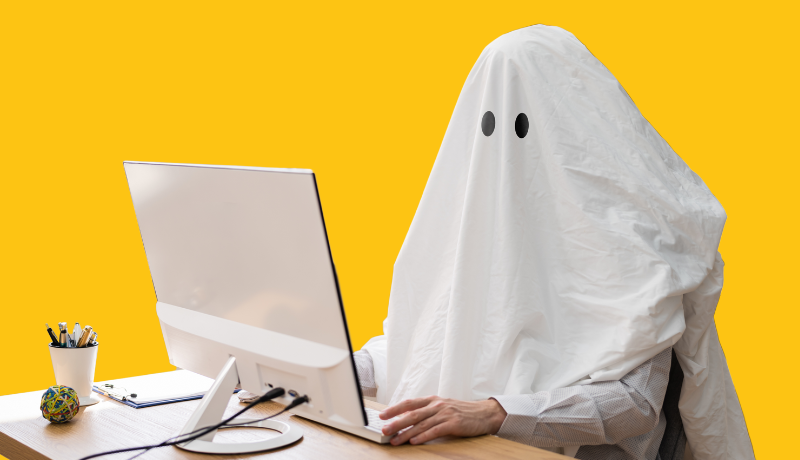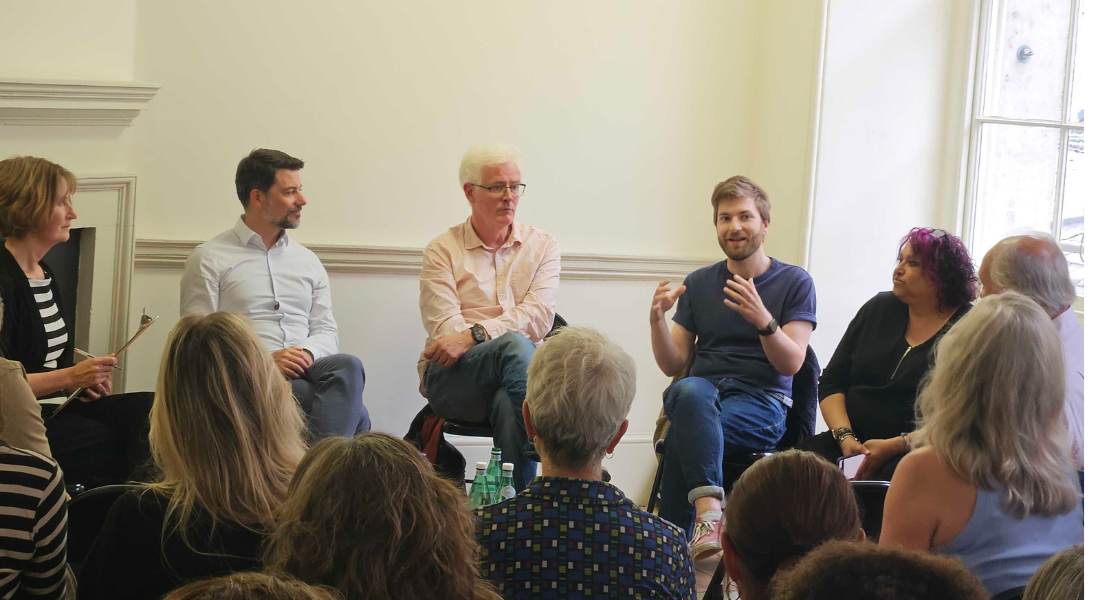Ghost Influencers – the nemesis of PR?
By Rachel Murray
I f you know the enemy and know yourself, you need not fear the result of a hundred battles.
I am taking the words of Sun Tzu, ancient Chinese military strategist very seriously, as we in PR have a new threat: the ghost influencer. Journalist Rob Waugh recently discovered that fake personas and pretend experts are increasingly prolific in the media – and they are causing a real headache for businesses and the PR industry.
Relationships with journalists still matter a great deal in PR, so I was really interested to explore this further.
Undermining trust in the media
A leading broadsheet newspaper recently pulled a story when it discovered that its subjects were not real people. When examples like this arise, there is a risk of seriously undermining reader trust. Expected practice for journalists is to verify their sources, despite the pressure to produce more content, faster, while competing with the speed of social media and decreasing audience attention spans. Most do try, but these ghost influencers are often quite convincing. Their creators have invested in appearing believable: in this case they provided an interview and photos.
Shouting over the legitimate expert voice
Businesses might be lulled into thinking this sort of fake news is not their problem. Or those with a B2B offering might think it’s something only consumer-facing brands need to worry about. But, to paraphrase the Manic Street Preachers, if you tolerate this, then your business will be next. While you’re working on building a reputation for thought leadership and expertise, no one will get to hear about it if the ghost influencers have got there first and are talking louder.
Motivated by money
The question of who’s behind this and what their motivation is, was answered at Fourth Day’s recent panel event on disinformation. Having encountered and investigated ghost influencers, writer Rob Waugh suggested that the puppeteer is likely to be an SEO person using multiple fake personas to comment on any number of areas of expertise. Gaining a name-check and a backlink increases the brand’s ranking on search engines and creates more website traffic. This can then be monetised through ads, sales, and affiliate marketing.
Trust – the valuable asset
For those of us working in PR, and for the journalists working to report real stories, the ghost influencer is a serious problem. While PR teams are working between clients and journalists to provide real insights, experience and expertise, a ghost influencer can provide ready-written comments on virtually any subject, almost immediately. This is aided by ChatGPT which enables them to make up copy and turn it around quickly. The quality may not be great but the convenience is undeniable.
Media brands and journalists who care about more than clicks are trying very hard to cut through this by verifying their sources and proving that their content has been fact checked. Recognising the potential threat and identifying the ghost influencer is the first step and helps us all to be better equipped to deal with it. Journalists can ensure the veracity of expert comments most easily by drawing on trusted exchanges with real people. Slower, but a lot more reliable. Could this be the resurgence of the PR-journalist relationship?
Share this:




